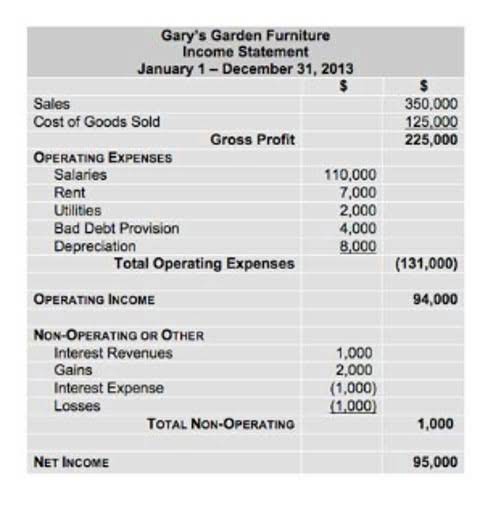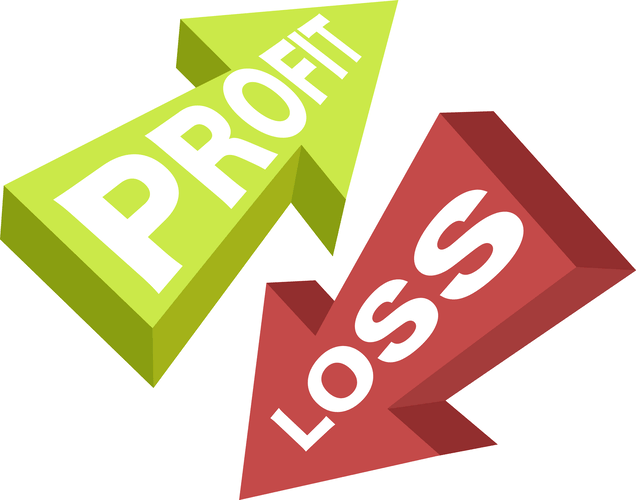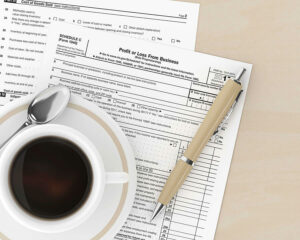
This is not the case with cash-based accounting, which only records transactions when cash is exchanged. Cash basis accounting is much simpler than the accrual method of accounting and is therefore suitable for small businesses and self-employed individuals. It does not require you to have a separate accounting team or even an accountant. Businesses could simply use accounting software and track their cash inflow and outflow. Now that we know what cash basis accounting is, let’s consider a couple of examples to understand the accounting method better. The main advantages of using the cash basis are that it creates a simpler and more straightforward way of calculating your tax liability, and you don’t have to pay taxes on income you haven’t yet received.
- It is assumed that the interested user can estimate the investing and financing activities by examining comparative cash basis balance sheets.
- Similarly, if the company pays for their rent earlier than the due date, the journal entry will be recorded on the date when the rent is paid and not when the rent is due.
- If you use the cash-basis method, you will not record accounts payable, accounts receivable, or inventory on the balance sheet.
- A cash basis balance sheet differs from an accrual basis balance sheet, which follows the accrual basis of accounting.
Contents of a cash basis balance sheet

It can lead to significant fluctuations in financial reports, especially if large sums are collected or spent in a single period. For example, if a landscaping business receives a large upfront payment for a year-long project, the income will be recorded immediately, potentially inflating the financial results for that period. Bench, which uses both software and human bookkeepers, offers both cash basis and modified cash basis, with cash basis being the default. For businesses that want modified cash basis, Bench can track inventory on the balance sheet, moving it to Cost of Goods Sold (COGS) as it’s sold.

Financial Reporting

However, you should consult with a tax professional before choosing cash basis accounting for tax purposes, as there may be some limitations or requirements that apply to your business. It’s easy to implement because it involves fewer steps and less complexity compared to accrual accounting. There’s no need to track receivables or payables, and you don’t need to worry about adjusting for revenues and expenses that haven’t yet been received or paid.
Free Course: Understanding Financial Statements
As a small business owner, it’s crucial to know how much cash you have on hand. Since you record money as it enters or leaves your business, you get an accurate picture of your cash does cash basis have accounts receivable levels. This helps you track cash flow, avoid overspending, and plan for large purchases.
- It provides a more comprehensive view of a business’s financial performance.
- The existence of accounts receivable indicates that the business has earned revenue, even if the cash has not yet been received.
- A start-up practice can track its income and expenses on a cash method with a spreadsheet.
- It is not possible to have a modified cash basis of accounting using only the single entry system.
- This method provides a more accurate financial picture than pure cash basis accounting, while remaining simpler and less costly than full accrual accounting.
Example of a Cash Basis Balance Sheet
A question arises as to what constitutes the use of the modified cash basis and what would more correctly be referred to as an accrual basis of accounting. The basic concept to guide cash basis modifications is to be logically consistent by treating interrelated accounts, such as sales and purchases, on the same basis in the financial statements. For example, reporting sales on a cash basis and cost of goods sold on the accrual basis would likely result in misleading financial statements and would therefore not be appropriate. The IRS allows small businesses that are not registered as a corporation and do not have an annual income that exceeds $5 million to use the cash basis accounting method.
Partnership Tax Returns: Cash Basis and Balance Sheet Receivables

But either way, when you guys go on your platform, you should be gym bookkeeping able to search like “accrual to cash.” Um, if you don’t find one, let me know. We’re doing after-the-fact bookkeeping, meaning we’re not even recording transactions in the books until they hit the bank account. So for those clients, the cash basis reports and the accrual basis reports look exactly the same. You have learned about the cash basis method of accounting, which is one of the simplest and most common ways to record your business transactions. In this section, we will summarize the main benefits and drawbacks of using cash basis accounting, and provide some tips on how to implement it effectively for your financial success. We will also compare cash basis accounting with other methods, such as accrual basis and modified cash basis, and explain when and why you might want to switch to a different method.
- This means that transactions are not recorded until the money actually changes hands.
- Cash basis accounting is one of the simplest methods of accounting that records revenue and expenses only when cash is received or paid.
- As you can see, the cash method is beneficial because you don’t have to pay taxes on income you haven’t yet received.
- That’s the $5,000 of revenue from the completed project, minus the $1,000 due to the freelance designer, minus the $75 you paid for supplies.
- Payables are amounts owed to vendors or suppliers for goods or services received but not yet paid for.
This means that income is recognized when cash is received and not when it is earned. Likewise, if an expense is incurred it is only recognized when cash is paid. Although cash basis financials may be appropriate for certain businesses, it could be necessary to rely on accrual basis financials to accurately analyze revenues, expenses, receivables, and payables. Therefore, accrual basis financials tend to yield the most accurate value in a business valuation. While lenders tend to rely on Federal Tax https://www.silvertontravellodge.co.za/2022/08/11/cost-of-debt-a-comprehensive-guide-for-financial/ Returns for underwriting, they too should note the difference in cash vs. accrual accounting and how it impacts the subject business for debt service coverage ratios.
Cash Basis of Accounting versus Modified Cash Basis
Cash basis accounting recognizes financial transactions strictly when cash is exchanged. Unlike the accrual basis, which records transactions when they are incurred, cash basis accounting provides an immediate view of cash flow. This simplicity can be advantageous for businesses with limited accounting resources, as it reduces the need for complex tracking systems. Modified cash basis financial statements include all accounts that result from cash transactions and from those modifications adopted that have substantial support. The cost to include the modifications should be justified by the increased relevance they provide.